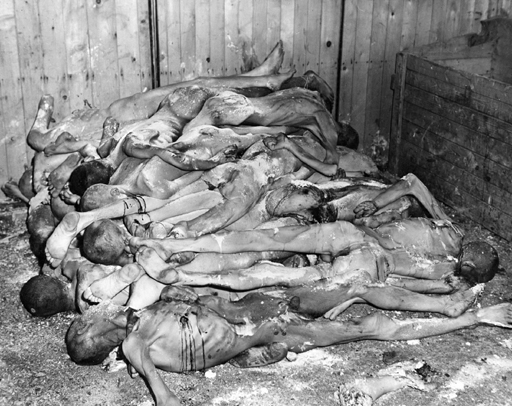 This is a telegraph post inspired by two reports in the media almost simultaneously. The first concerns the reasons for the sentence to 14 years imprisonment imposed at first instance the Carabinieri General Giampaolo Ganzer, commander of the ROS, in relation to some chores unedifying in narcotics operations.
This is a telegraph post inspired by two reports in the media almost simultaneously. The first concerns the reasons for the sentence to 14 years imprisonment imposed at first instance the Carabinieri General Giampaolo Ganzer, commander of the ROS, in relation to some chores unedifying in narcotics operations.The judges of the Court of Milan wrote that the senior officer "did not scruple to agree with the fact dangerous traffickers to whom he gave Italy the opportunity to sell in tens of kilos of drugs by providing them with absolute impunity. Ganzer has betrayed the state interest and all its duties, including to respect and enforce the law.
" The second news is tied to the new hail of cablegrams confidential U.S. State Department released by Wikileaks. To Afghan President Karzai, diplomats stationed in Kabul have accused of having made issue with personal and direct interventions officials accused or convicted of drug trafficking (it is not clear whether they were passed off as Mubarak's nephews).
Karzai, according to the American feluccas, between 2008 and the first half of 2009, he made sure that some 150 suspected criminals in the cultivation and transport of opium poppies would return to do business with (read?) Absolute impunity. Since 2002, the Italian contribution in Afghanistan focuses on the reform of the judicial system, with a primary objective: the restoration of the rule of law in the country "as the site of the Italian Development Cooperation.
Establishing causation is always a task fraught with difficulties, but it seems that after eight years of commendable efforts to restore the rule of law in those lands wild and turbulent, a result is undeniable: a system of impunity for drug traffickers Afghans like the one set up for Italian traffickers.
But on a larger scale and in connivance with much higher levels. Levels in both cases, however, remain untouchable.



No comments:
Post a Comment